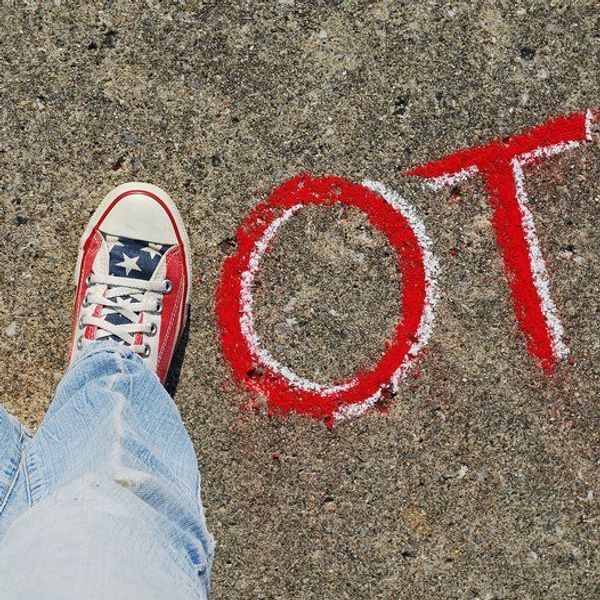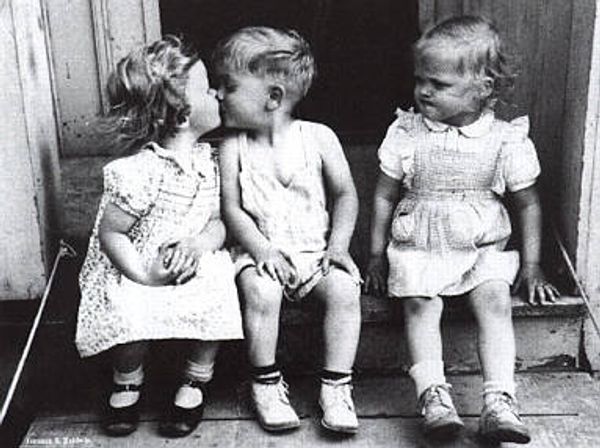After watching the Vice Presidential debate Tuesday night and the Clinton-Trump debate the week before, I am continuing to lose hope in contemporary politics. Admittedly, the VP debate was actually much more informative than the debate between their running mates. I'd guess that only about 10-15% of it was name-calling or interrupting, the moderator actually knew what she was doing, and Kaine and Pence spent most of the debate discussing policy. The moderator probably saved the whole thing, finally calling out childish behavior and putting the two VP nominees in their place.
Policy! What a novel concept!
I was not the only one who was surprised. Personal discussions between classmates who watched the debate and I followed the same logic. In the end, the people gave contrary views on who won the debate, but I'm still rather confused. I left the debate still not knowing the policies of either of the two presidential candidates. What makes matters worse is that Kaine and Pence completely outperformed Clinton and Trump, respectively, in terms of rhetoric. The debate on September 26 was a disaster. It's quite sad to think that the VP nominees know more about the policies of the presidential candidates than the candidates do.
Like 53% of those in the CNN/OPC poll released last night, I was not swayed to either candidate after the ninety-minute spectacle came to a close. I have never supported either candidate. In my eyes, both of them are just as unworthy to sit in the Oval Office. I don't care that Clinton is overqualified, and besides how she got to her nomination on uneven ground, she has proven time and time again that she cannot necessarily be trusted with the position of Chief Executive. What about Trump? No. Just, no.
I was, flat out, refusing to vote. I could not allow myself to vote for candidates I personally find morally bereft. Yet it was a discussion with Connecticut State Representative Angel Arce (D, Hartford) that showed me the most important aspect of politics: local government. I had completely forgotten about state and local governments at the time. But the more I think it over, the more I realize just how correct Rep. Arce was.
Think about it. State governments are given the powers that are not specifically assigned at the federal level. This means that—when factoring in the constitutional powers of the Executive branch being molded around little more than a foreign diplomat with the nuke codes—the states have significant power over how they run themselves. It doesn't end there, though. While the president may have more people to govern, state and local governments only have their specific jurisdiction, which is, proportionally, nowhere close to the entirety of the country. This allows precision efforts to actually eliminate the problems that an area may be facing at any given time.
In other words, if you are an advocate for political change, do not overlook who represents you on a local basis. I understand the cynicism. I do not align myself with a political party because they both are complete and utter failures in my eyes, squabbling with each other over their opponents' existence and not over, you know, the issues that are crippling the American people. Do not let this cloud all of your judgment, though.
If you're like me and you refuse to vote for any of the presidential candidates—including all of the third party candidates—then just leave the space for president blank. Don't let anyone, and I mean anyone, pressure you into voting for one candidate to keep the other out of office. They only prove just how ideologically warped our system has become. If they want to convince you, they have to go about the process of convincing you, not just forcing your hand in their favor.
There is one obvious caveat: leave only that space blank. If you are not filling in the president slot on the ballot, fill in your state representatives and senators. Fill in any state Supreme Court openings or any other government position. Not just in this election, but in any election. As a person who strives for changing this country for the better, I say it's time we start improving society from the bottom-up instead of trying to find a silver bullet that works for every single cog in the American machine.





















